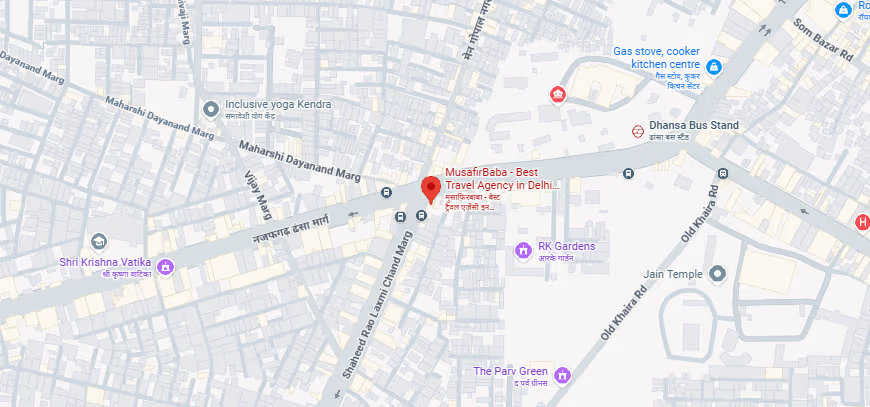Planning a trip to Australia is exciting, but before you fly, you must secure the right visa. Indian passport holders need a valid Australia visa to enter the country, whether travelling for leisure, study, work, or transit. This updated guide explains everything you need to know - from visa types and fees to documents, application steps, and policy changes affecting Indian applicants.
Do Indian Citizens Need a Visa for Australia?
Yes. Indians cannot enter Australia without a pre-approved visa.
Australia does not offer visa-on-arrival or eTA access to Indian passport holders. All applicants must submit an online application through ImmiAccount and, if required, complete biometrics at a VFS centre in India.
Types of Australia Visas for Indian Travellers
Several visa subclasses are relevant depending on your purpose of travel:
Visitor Visa (Subclass 600): For holidaying, visiting friends/family, attending events or short business trips.
Student Visa (Subclass 500): For full-time studies at Australian universities, colleges, or vocational institutions.
Work Visas: Includes skilled migration, employer-sponsored visas, and temporary work categories.
Transit Visa: For passengers transiting through Australia en route to another country.
Latest Visa Fee Updates (2025)
From 1 April 2025, Australia increased visa application charges across categories, which also applies to Indian applicants.
Visitor Visa (Subclass 600): Now approx. AUD 169.50
Student Visa (Subclass 500): Around AUD 1,808
Extra charges may include biometrics, medical examinations, police certificates, and relevant levies.
These updates reflect changes announced by the Department of Home Affairs to manage high application volumes.
Australia Visa Fees Explained
Australia visa fees vary based on the visa subclass. The standard Visitor Visa (Subclass 600) now costs roughly AUD 169.50, which is about ₹9,300–₹9,800 depending on currency rates. The Student Visa (Subclass 500) is priced at around AUD 1,808, equal to roughly ₹98,000–₹1,05,000. In addition to the application fee, Indian applicants may need to pay extra for biometrics (approx. ₹2,000), health checks (₹4,000–₹6,000), or other supporting requirements depending on the visa category.
Documents Required for an Australia Visa
Documents vary by visa type, but generally you will need:
A valid Indian passport with sufficient validity
Visa application form via ImmiAccount
Recent passport-sized photographs
Proof of sufficient funds (bank statements, income records, etc.)
Return or onward flight booking (recommended, not compulsory)
Confirmed accommodation or host details
Employment or student proof (if applicable)
Medical examinations if requested
Travel insurance (strongly advised)
How to Apply for an Australia Visa from India
Follow these steps:
1. Create your profile on ImmiAccount (official Australian Home Affairs portal).
2. Select the relevant visa subclass and complete the online form.
3. Upload your documents in the correct format (PDF/JPG).
4. Pay the visa application fee and any additional levy.
5. Schedule a biometrics appointment at a VFS Global centre if required.
6. Attend the appointment and submit biometrics.
7. Track your application progress via ImmiAccount.
8. Receive your visa grant letter electronically.
Australia issues electronic visas linked directly to your passport number — no physical visa label is fixed inside the passport.
Visa Validity, Stay Duration & Travel Conditions
The Visitor Visa typically allows stays of 3 months, 6 months, or 12 months, depending on the stream and approval.
Student visas are valid for the course duration as shown in the Confirmation of Enrolment (CoE).
Work visa validity differs based on employer sponsorship, visa type and skill category.
Many tourist visas permit multiple entry, but this is not guaranteed.
Be sure to read your visa grant letter carefully for your personal conditions.
Tips for Indian Travellers Applying for an Australia Visa
Apply several weeks in advance — Australia is known for lengthy processing times.
Ensure financial evidence is clear, consistent, and traceable.
Avoid last-minute document uploads; incomplete files may delay processing.
Purchase travel insurance that covers health and emergency services in Australia.
Be honest in all statements; Australia is strict about document authenticity.









